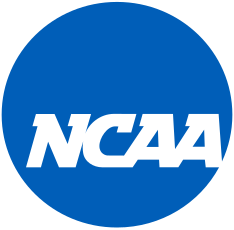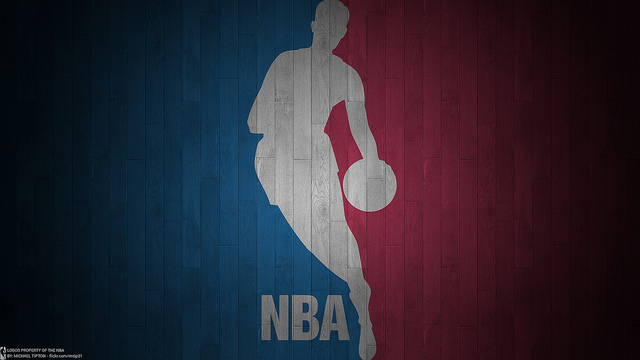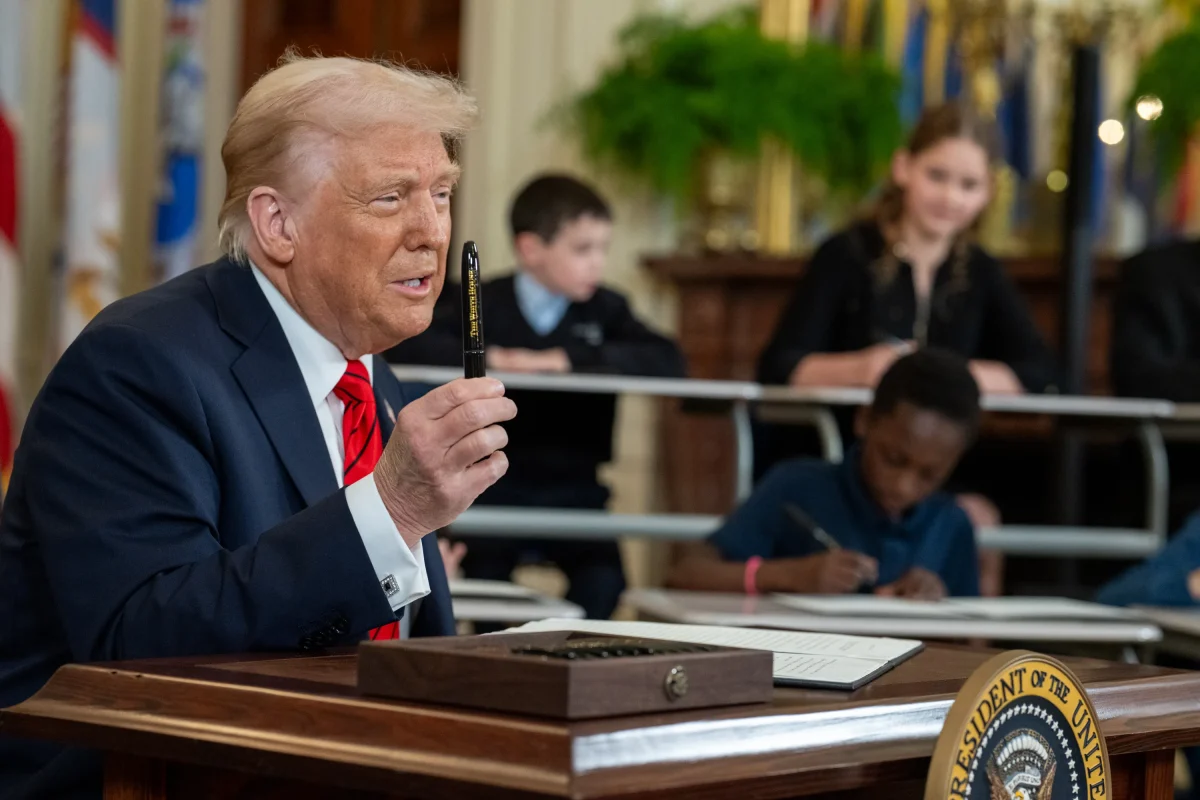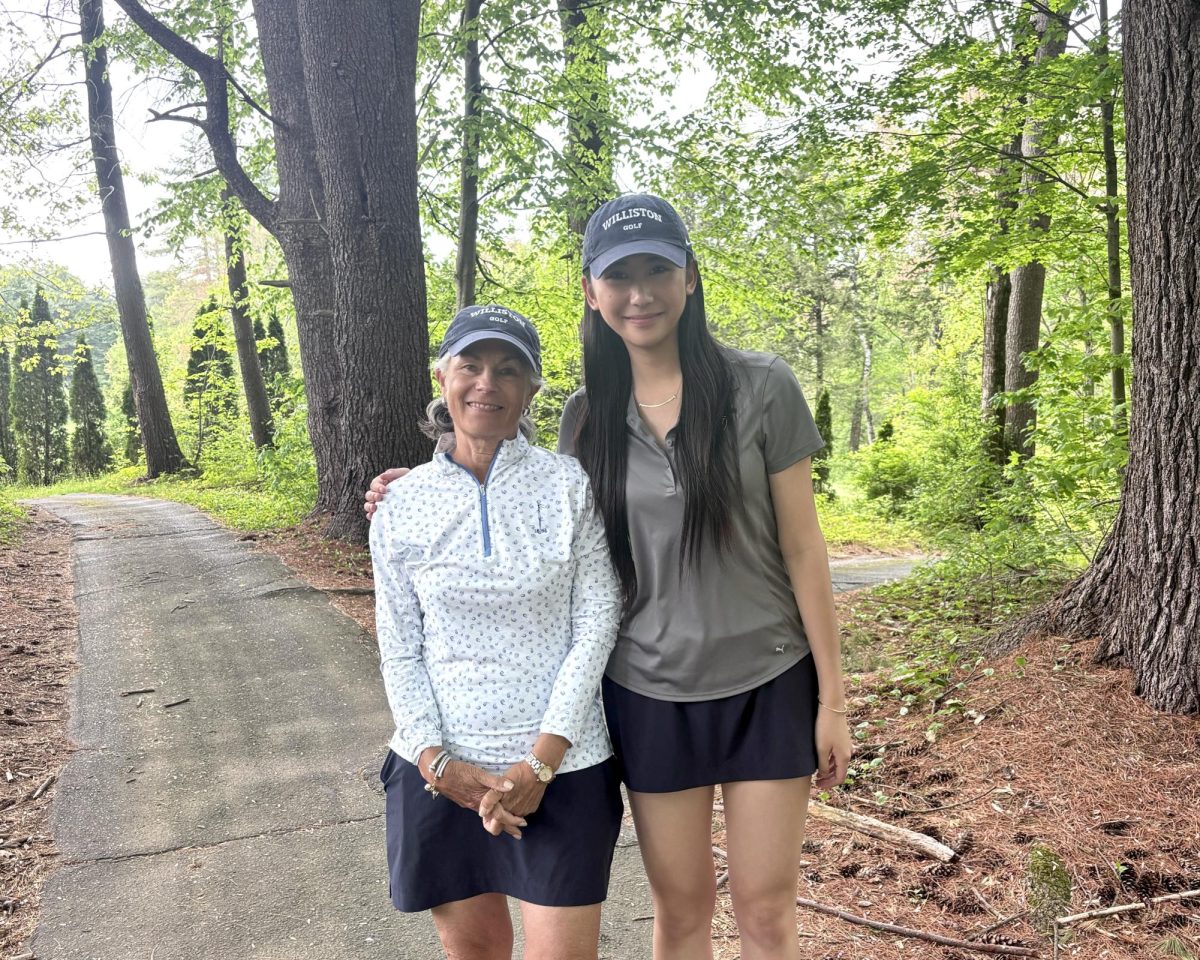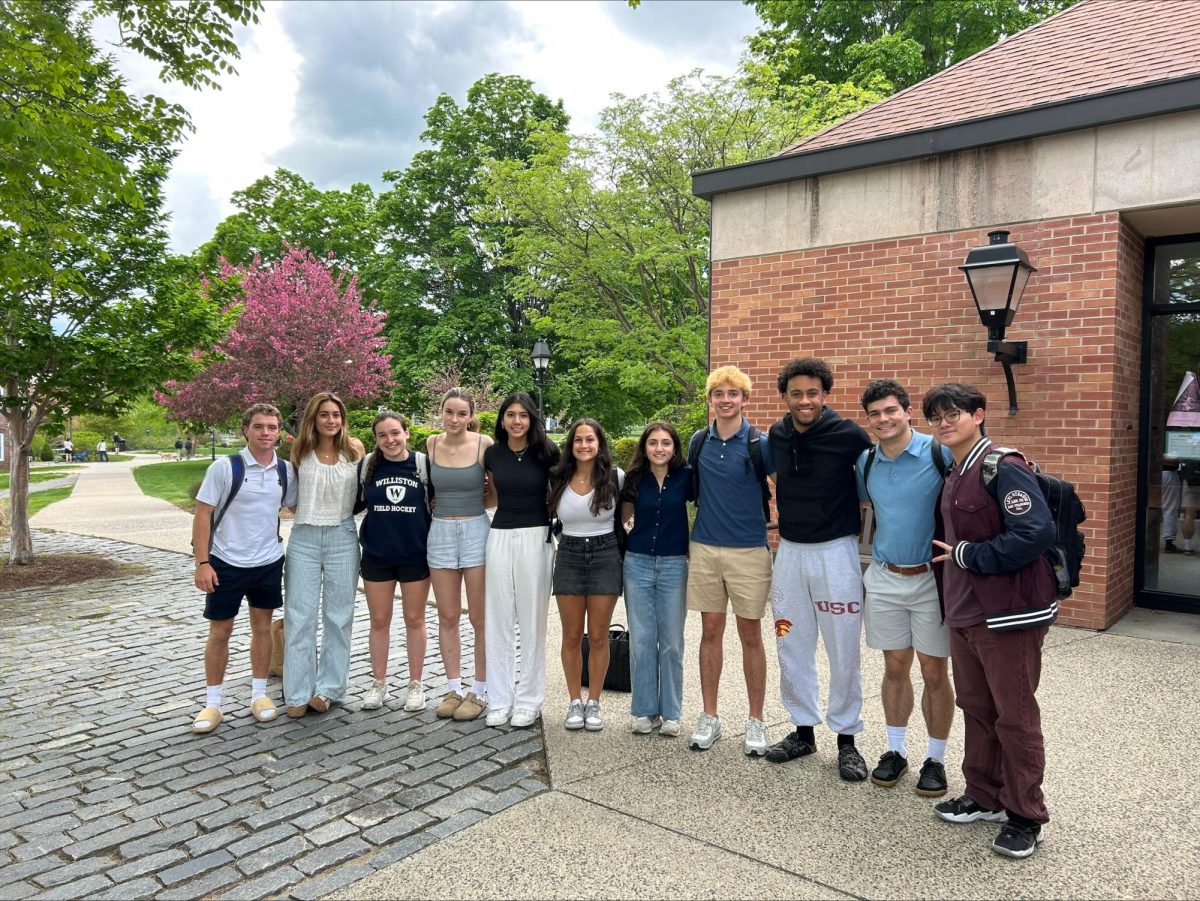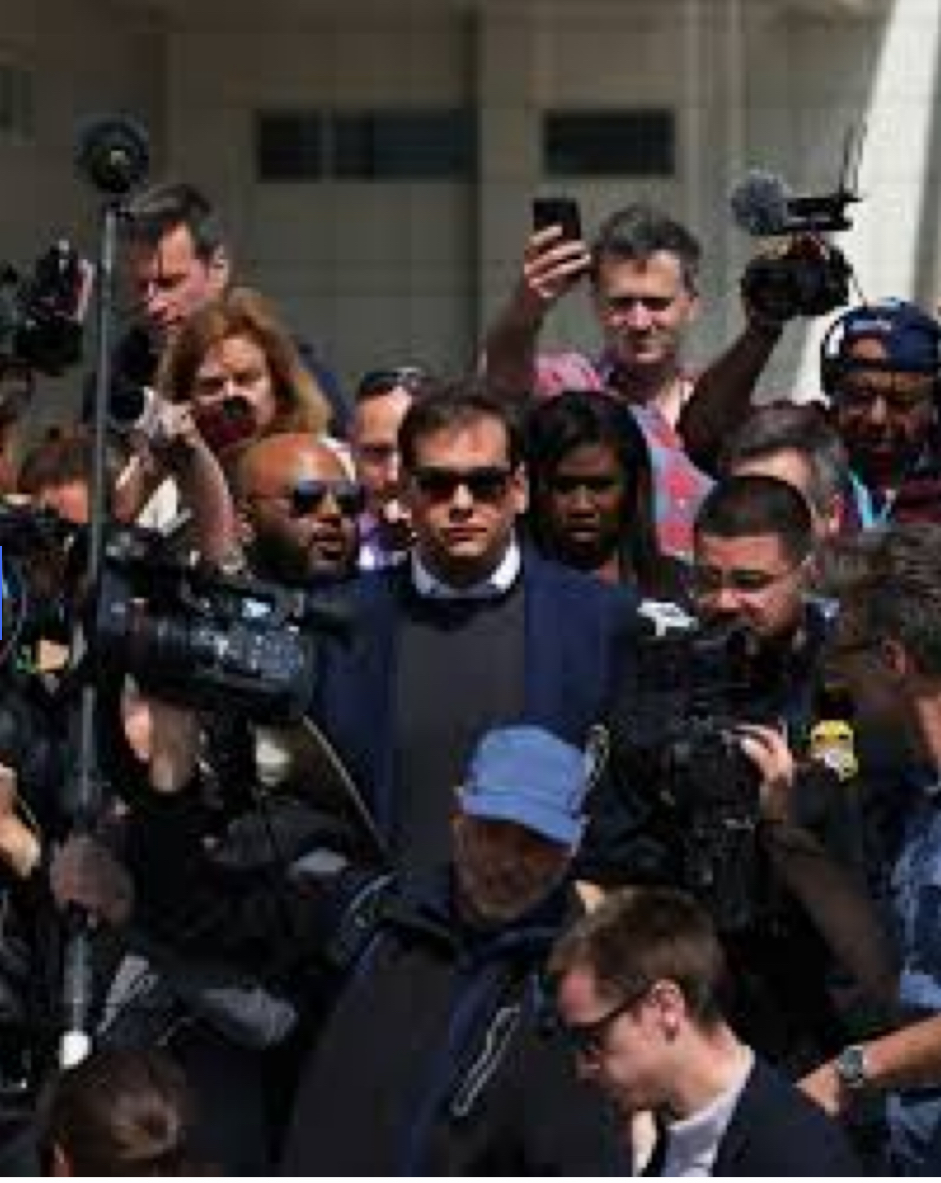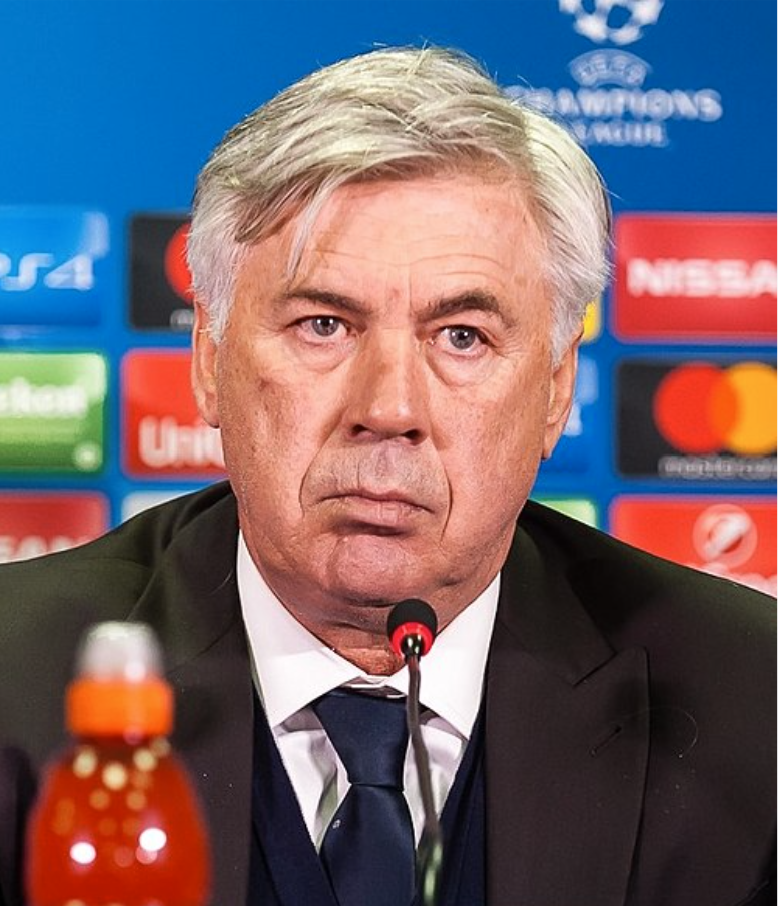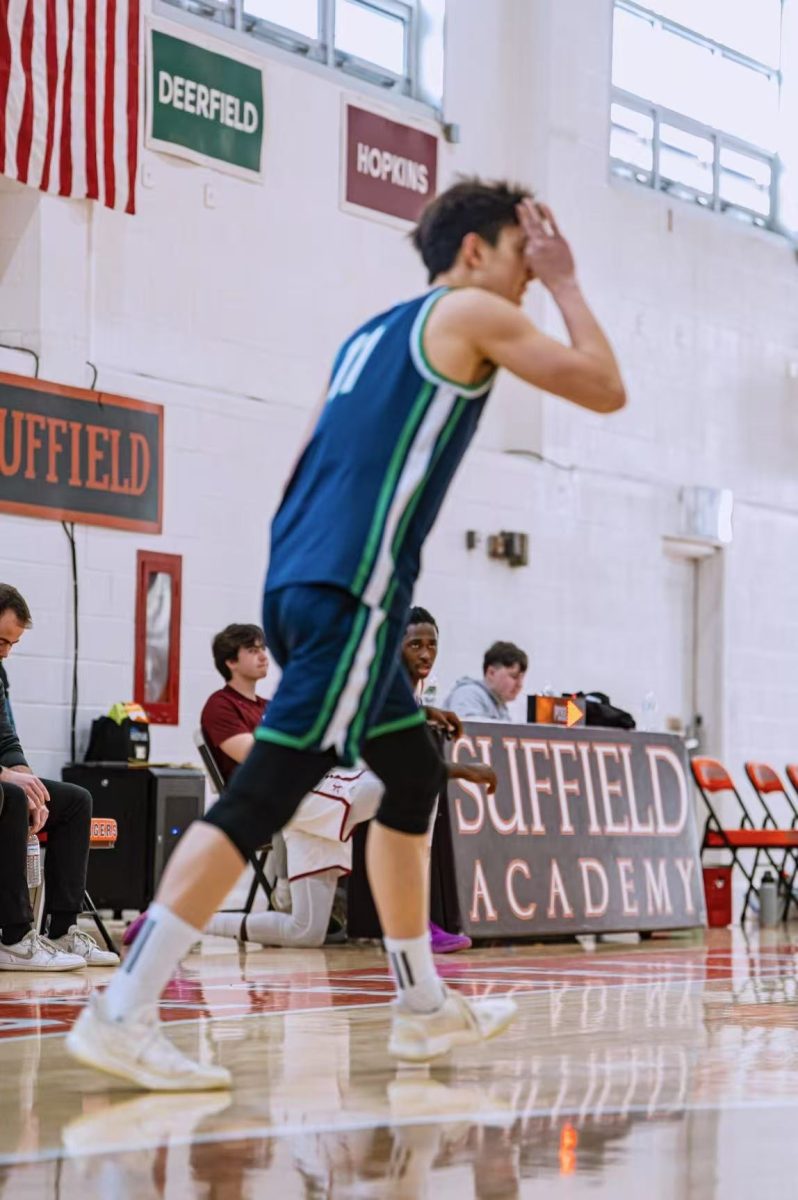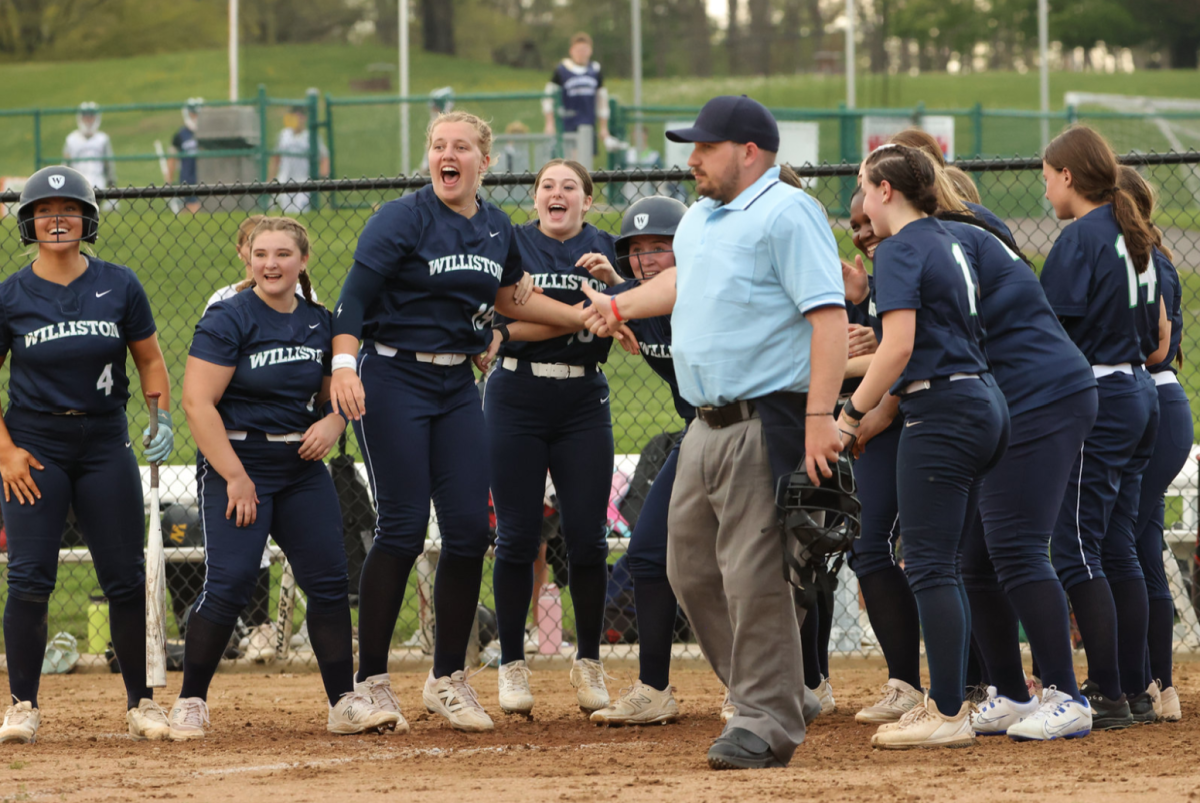A new rule change could allow new paths for young hockey players to reach the pro level.
On November 7, 2024, The NCAA and the Canadian Major Junior League (CHL) agreed on changing a rule that affects NCAA eligibility for CHL and NCAA Hockey players. This creates a new path for players who were forced to make a choice between the two leagues.
Before this rule change, the three paths for young hockey players included: going to college (NCAA), playing in the Canadian Junior Hockey League (CHL), or playing overseas in other pro/junior leagues. These paths were separate; the NCAA stated that if a player had been given an income, then they would lose eligibility to play at the collegiate level. The new rule allows for players to earn an income, as they are “not paid more than actual and necessary expenses as part of that participation,” according to the NCAA.
Brandon Borges, an Assistant Boys Varsity Hockey coach and CHL draft pick, believes that, in a way, this new rule change can be helpful.
“I think it is helpful for, like high end players,” he said. “I think it will open up opportunities for kids that couldn’t play in the CHL. But I do think that playing college hockey will be more competitive than it already is.”
Brayden White, a freshman hockey player disagrees, arguing, “l actually think it’s extremely unhelpful,” but acknowledging that college will grow in competition level.
“It makes trying to go to college ten times harder,” he said.
Coach Borges believes that this can change the paths for many kids. He himself would have benefitted from the rule change, he explained.
“l think it would have because I was drafted by Moncton and the reason I didn’t go there was because I wanted to be the first person in my family to get a college education, and if this had happened, I would’ve gone to the CHL.”
The Moncton Wildcats is a program in the Canadian Junior Hockey League based out of Moncton, New Brunswick.
The public has come up with an idea that players that play in the CHL chose this path because they couldn’t perform in the school portion of playing in the NCAA.
Ansel Garvey, Williston’s Director of Sports Medicine, and former Boston Bruins Athletic Trainer, believes that it is not a problem with schooling.
“l don’t think it’s an educational [problem], I think if you are excited to learn about something then you will learn it. It is easier to go to college and learn something you are interested in,” he said.
The CHL was offering incomes to its players, and according to the NCAA this was looked at as pro level hockey, which is why players were never eligible to play college hockey.
Players that play in pro leagues overseas also lose their eligibility. One question that has been brought up is whether or not kids playing in pro leagues but still falling in the age requirements for NCAA hockey should be allowed to come over to the USA and play college hockey.
Coach Borges believes that there should be a way that those kids can participate, but there needs to be some lines drawn.
“l think, yes but there is a compensation problem,” he said. “I had a buddy who was playing overseas, and he had to sit out a season at Quinnipiac because he played games overseas.”
Garvey disagrees with Borges.
“I think it’s something you need to decide and go with it. I think that the people that put the time in to compete at the collegiate level should be able to earn it and not have it taken away by others who chose other paths,” he said.



